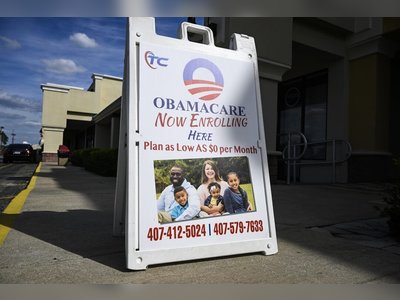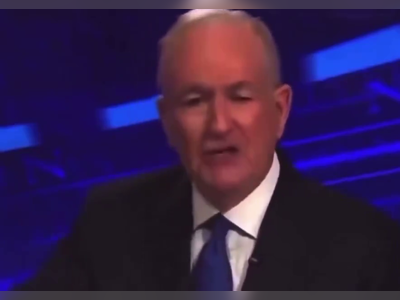Historical Perspectives on Tariffs and U.S. Economic Policy
Analysis of tariffs as a means of protecting domestic industries and generating revenue in the United States.
The United States historically did not implement an income tax until 1913, relying instead on tariffs as a primary source of government revenue.
Key figures in early American economic policy, such as Alexander Hamilton, Abraham Lincoln, and William McKinley, championed the use of tariffs to protect domestic manufacturing.
This approach is perceived by some as a means to bolster job creation, increase wages, and generate national prosperity.
Proponents of tariffs argue that they play a crucial role in safeguarding industries within the U.S., with tariffs being viewed as a protective measure against international trade practices deemed unfair.
In this context, it is suggested that tariffs ensure foreign entities contribute financially when entering U.S. markets, thereby reinforcing domestic economic stability.
Insights indicate that the economic landscape is significantly influenced by global trade relationships, particularly with major economies such as the European Union and China.
Supporters of tariff policies contend that these countries have relied heavily on the U.S. market and that imposing tariffs can compel these nations to adjust their trade practices.
Historically, similar arguments have emerged during periods of economic uncertainty or recession, with critics arguing that such forecasts of negative impacts from tariffs often fall short of accuracy.
This perspective suggests that predictions related to economic downturns triggered by tariff implementations should be approached with caution, given the track record of economic forecasts.
Advocates for increased tariffs cite historical precedent as a foundation for their position, emphasizing that past applications of such policies led to positive outcomes for U.S. manufacturing and job creation.
The debate surrounding tariffs continues to evoke a range of opinions, illustrating the complexity of trade relationships and economic policy.
Key figures in early American economic policy, such as Alexander Hamilton, Abraham Lincoln, and William McKinley, championed the use of tariffs to protect domestic manufacturing.
This approach is perceived by some as a means to bolster job creation, increase wages, and generate national prosperity.
Proponents of tariffs argue that they play a crucial role in safeguarding industries within the U.S., with tariffs being viewed as a protective measure against international trade practices deemed unfair.
In this context, it is suggested that tariffs ensure foreign entities contribute financially when entering U.S. markets, thereby reinforcing domestic economic stability.
Insights indicate that the economic landscape is significantly influenced by global trade relationships, particularly with major economies such as the European Union and China.
Supporters of tariff policies contend that these countries have relied heavily on the U.S. market and that imposing tariffs can compel these nations to adjust their trade practices.
Historically, similar arguments have emerged during periods of economic uncertainty or recession, with critics arguing that such forecasts of negative impacts from tariffs often fall short of accuracy.
This perspective suggests that predictions related to economic downturns triggered by tariff implementations should be approached with caution, given the track record of economic forecasts.
Advocates for increased tariffs cite historical precedent as a foundation for their position, emphasizing that past applications of such policies led to positive outcomes for U.S. manufacturing and job creation.
The debate surrounding tariffs continues to evoke a range of opinions, illustrating the complexity of trade relationships and economic policy.












